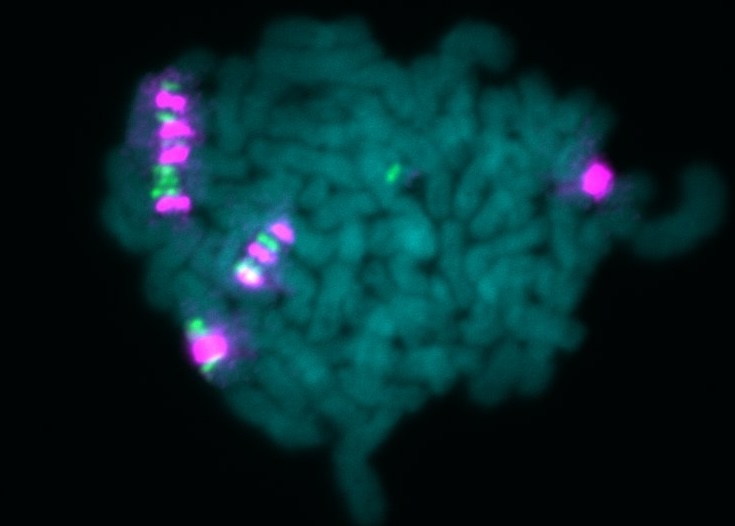
Lung Cancer Prevention Laboratory
Pioneering research in lung cancer to improve diagnosis, treatment and prevention
About
Lung cancer is often diagnosed at a late stage once tumours no longer respond to treatment. Recent lung cancer screening programmes in the UK do reduce mortality, but deciphering the very early changes in normal tissue that increase cancer risk will further identify novel therapeutic targets for cancer prevention that could substantially reduce cancer-related deaths.
My laboratory is focused on increasing our understanding of the changes that occur prior to lung tumour initiation and the evaluation of therapeutics designed to target these changes and prevent lung cancer. The antiviral APOBEC3 (A3) immune response has recently emerged as a potential key player in lung cancer. A3 enzymes normally protect us from viral infection. Yet as we age, chronic infection and inflammation can induce aberrant A3 enzyme expression potentially driving cancer. In fact at least 20% of cancers are associated with viral infections, and many show evidence of APOBEC activity such as cervical and head and neck squamous cell carcinomas that have high levels of A3 mutagenesis (APOBEC mutation signatures) due to chronic HPV infection.
Intriguingly, in certain populations around the world A3 genes are altered in the germline. One A3 germline mutation (A3A/B), is more stable and active than its normal counterpart, and so could be a contributing factor to the increased risk of cancer observed in East Asian, Native American, and Oceanic populations where A3A/B is detected most frequently (37 - 93%), compared with African and European populations where it is uncommon (1 - 6%). The precise contexts and mechanisms by which A3 genes increase cancer risk are unknown, but with the delineation of these mechanisms we will begin to understand if A3A/B germline carriers would benefit from cancer screening or preventative cancer therapies.
To determine if and how A3 enzymes drive lung cancer, our lab uses A3 mouse models and human lung cancer cell lines in combination with analysis of the groundbreaking SUMMIT and ASCENT studies (13,000 participants at high risk of lung cancer and 500 lung cancer samples).
News
Selected Publications
- Caswell, D. R., et al.. The role of APOBEC3B in lung tumor evolution and targeted cancer therapy resistance. Nature Genetics 56, 60-73 (2024)
- Venkatesan, S., et al.. Induction of APOBEC3 exacerbates DNA replication stress and chromosomal instability in early breast and lung cancer evolution. Cancer discovery 11, 2456-2473 (2021)
- Caswell, D. R., et al.. Tumor suppressor activity of Selenbp1, a direct Nkx2-1 target, in lung adenocarcinoma. Molecular Cancer Research 16, 1737-1749 (2018)
- Caswell, D. R., et al.. Obligate progression precedes lung adenocarcinoma dissemination. Cancer discovery 4, 781-789 (2014)
Team

Deborah Caswell
Principal Research Fellow
Zoe Whiteman
Postdoctoral Fellow
Contact
Visit Us
Rayne Building
5 University Street
WC1E 6JF

